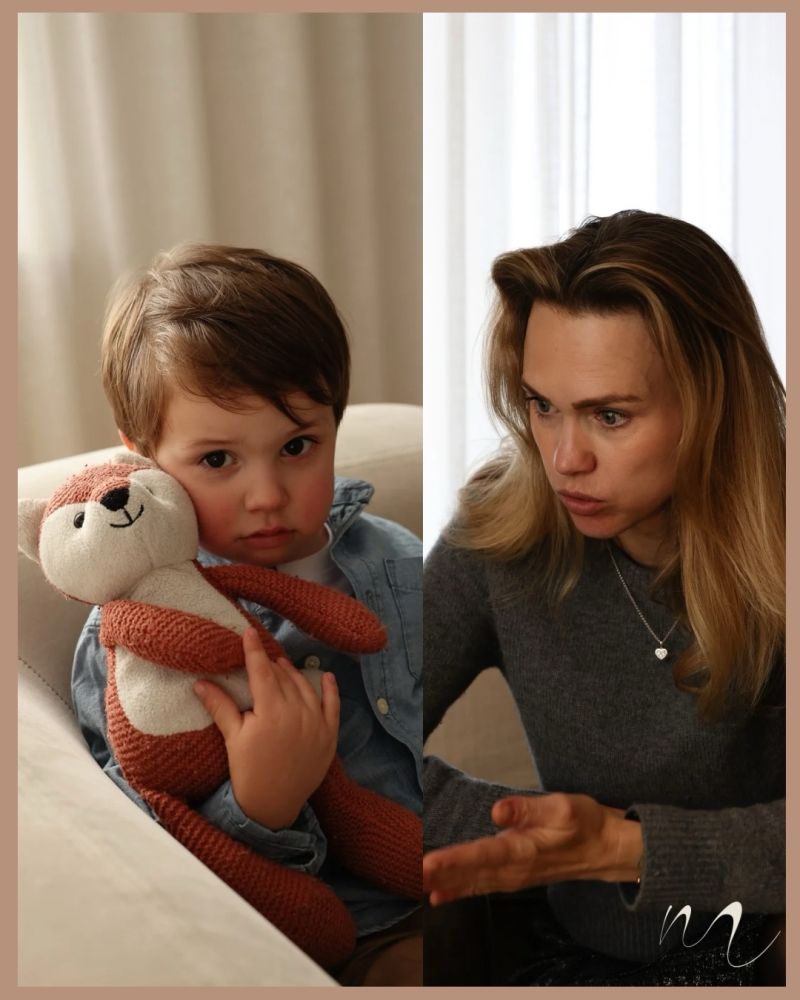A story about anger, fear, and emotional honesty
That’s what my son proudly shouted to his friend as I picked him up from school.
I froze.
Should I laugh?
Or should I worry?
He was right. I do get angry.
And sometimes it’s too much.
Too loud. Too fast. Too overwhelming.
At its best, anger helps us set boundaries.
But when it explodes, when it leaves us feeling ashamed, it’s usually not about the moment itself. That’s when anger stops being a primary emotion, and becomes a secondary one.

Primary vs. Secondary Emotions
- Primary emotions are clear, honest reactions: sadness, joy, fear, anger (boundry)
- Secondary emotions are protective.
They appear when we’re not ready -or allowed -to feel what’s underneath.
In parenting, anger often becomes the mask:
A lid over fear.
A shield against helplessness.
A cover for old pain.
And children? They feel it. They may not understand the words, but they pick up on your nervous system, your energy, your tone. They are emotional mirrors and truth detectors.
Regulating your emotions begins in the body
As a trauma-informed therapist, I work with parents who feel stuck in this loop. They know what they’re doing. They hate how it feels. But they don’t know how to stop. In somatic therapy, we practice slowing down and sensing:
- What am I feeling right now?
- Where do I feel it in my body?
- What’s underneath this reaction?
When we pair this with tools from voice dialod or drama therapy, we begin to see our inner parts more clearly, especially the ones that fear losing control, disappointing others, or not being good enough
My own story? I’ve lived it too.
Truth be told, yes – I get angry. But I’ve learned something vital:
My anger is rarely just about my child. It’s about the pressure I carry. The fear I still hold. The part of me that learned long ago: mistakes aren’t safe.
Now, when anger rises, I don’t just try to control it. I get curious. I talk about it with my partner, with my kids. Because naming it brings choice. And choice brings healing.
Labeling our emotions is one of the greatest gifts we can give our children. It’s a high form of emotional intelligence.
More than perfect regulation or perfect behavior, we offer them a model:
You can feel big feelings.
You can explore what’s underneath.
You don’t have to carry it alone.
That’s the core of emotional literacy and the foundation of secure attachment.
And you?
Where does your anger come from? Do you want to understand and regulate your emotions, not just in theory, but in your body?
Send me a message, and I’ll share a simple trauma-informed practice to begin. Or book a session with me in Haarlem or online.
Marina van Dansik — Parent Coach and Therapist Haarlem
Specialised in Transactional Analysis, NLP, Somatic Therapy, and Systemic Therapy for parents and caregivers.